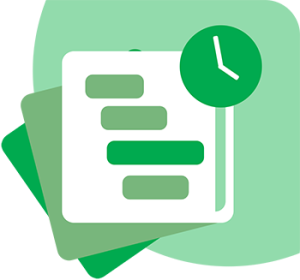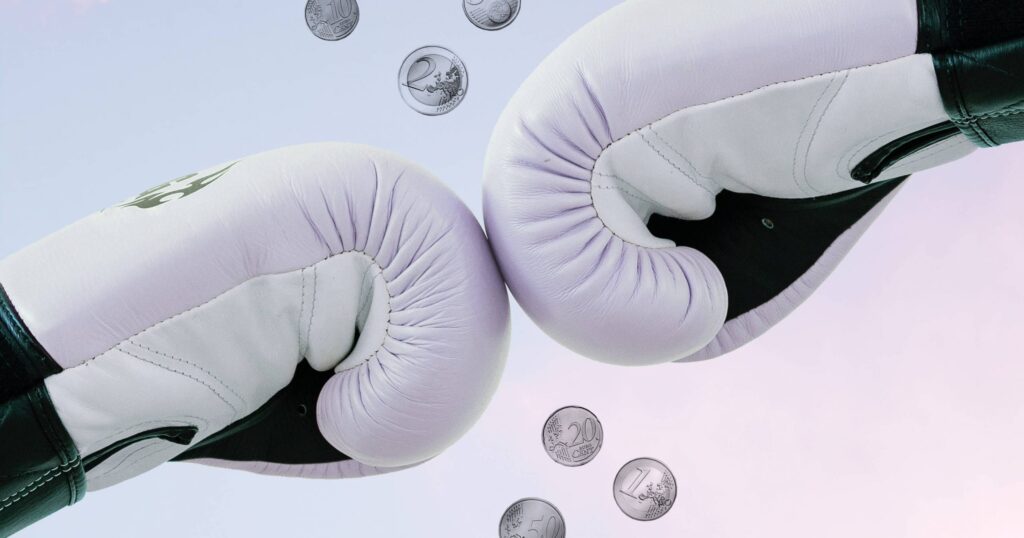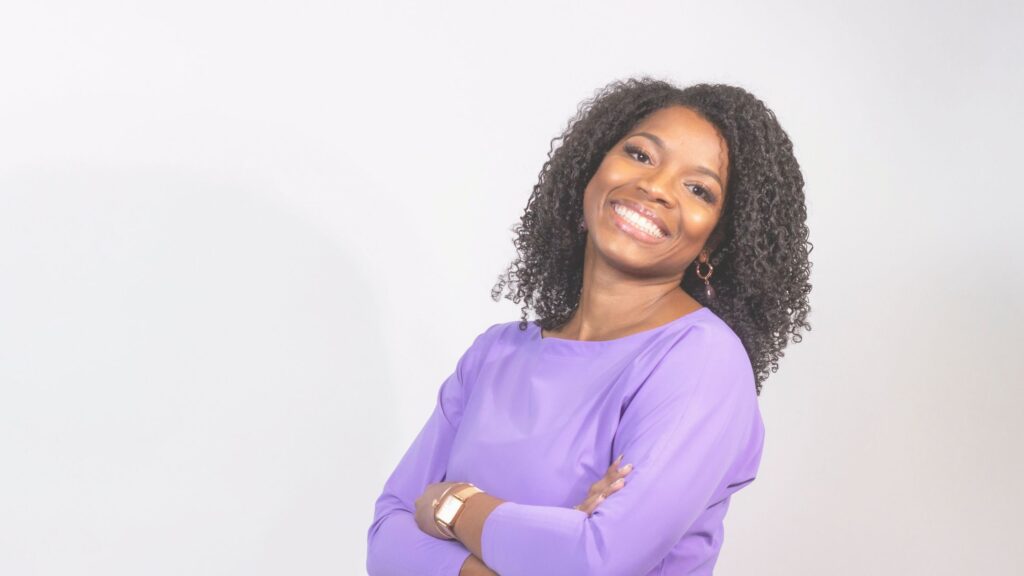Tips for paying off your debts
Debt: a real pain in the ass! Especially if you want to start investing, and getting your finances in order, debt can hinder. In this article, we give you tips on how to pay off your debts. At Elfin, we want to help you build wealth. Quite often we hear: unfortunately this is not for me, because I have a debt to pay off first. Becoming financially independent is an interplay of many actions, such as earning money, oversight, investing but also definitely: paying off debts.
Where do you start to pay off debt?
A debt is something many of us have. Nothing to be ashamed of. Some debts are less scary than others: think of a mortgage to have a nice home, or student debt because you went to college. If you have high credit card debt, or student debt, or debts with wehkamp, for example, it might be helpful to pay those off first, before investing.
Sometimes debt can be discouraging, because such a large amount of money in the minus, how on earth do you get rid of it? Where do I start to pay off that debt? And maybe you have no debt, but you have to make ends meet monthly and little money remains. Too little to invest or build a nice little buffer. If you have debt or little financial room, how can you still make sure you have money left over or set aside each month?
Paying off debt is a mindset
Very briefly, you can pay off your debts faster by turning two knobs: by (a) generate more revenue or (b) spend less. The money you free up by doing this you use to repay. Or to save.
You may have to make some sacrifices. Above all, be very honest with yourself. If necessary, ask a merciless friend to watch with you. To yourself, you still like to justify spending so much on takeout, beers at the pub, or new H&M orders. These all seem like small amounts, but add them up over an entire year.
The golden tips to pay off your debts
Fortunately, you are not alone, and many people have gone before you in successfully paying off debt.
Insight is key
Come straight to step 1: insight insight insight insight insight. Make a cash book, either in Excel or nice with pen and paper, and write down every dastardly euro that goes out. Spending 15 euros every day at the supermarket for your food doesn’t seem like much per expense, but that’s 15 * 7 * 4 = 420 euros per month. Buying coffee at Starbucks every day on the way to the office á 3 euros doesn’t seem like much, but that’s 3 * 5 * 4 = 60 euros per month. Every month a new t-shirt at H&M a 20 euros is still 240 euros on a yearly basis. To name a few. Thus, each will have a blind spot.
When spending, also look at the “is not actually necessary,” cq “is not actually a necessity of life” spending. Netflix? Nope, don’t need you. Neither does Spotify. Sports can be played in the streets. Bloomon, amusing, but redundant. Yes, that doesn’t sound very cozy, but we have a goal in mind! Later, when you are debt-free, and can start investing, and creating more money, this will come again. We bet in 30 years you won’t look back on your life now and say, “oh well, I don’t remember everything, but oh oh oh how great was that one series on Netflix, it totally changed me.”
Stop paying afterwards
Don’t buy anything on installments. Anything you buy or order, checkout immediately. So don’t choose “pay afterwards” at Zalando or Bol.com. That is deferred grief. Hoppa, right off the bat. Chances are you will think again whether you really need item X or Y in your life. Mostly not.
Ban the credit card!
Throw the credit card in a drawer and pay with it only when really, really necessary. This is often spending money you don’t have, which you also pay interest on. Sin!
Critically check your subscriptions
Look critically at your subscriptions. Do you rarely watch TV? For those 3x a year, you don’t need a monthly expensive subscription. Maybe this only saves a tenner a month (cable is not that expensive in the Netherlands), on an annual basis this is still 120 euros. And he who does not honor the small….
Smart: open a second account
Open a 2account. In 1 account you have all your income coming in, and from account 2 you pay for your daily life. So you pay from account 1 to account 2 yourself a monthly amount to live nicely on. Realize that this amount is the amount you have to make do with that month, and don’t secretly transfer extra money from account 1. In other words, self-sabotage is not going to get you anything at all.
Pay yourself first
From account 1 you pay all your fixed expenses. And, well here it comes: a new fixed burden you are going to create is a payoff of your debt. Do you have a high credit card debt to pay? Set aside X euros extra each month to do this (accelerated). The same goes for other debts you have. Tip: Pay off debts with the highest interest, first/fastest. This trick of “pay yourself first,” of course, can also be used to save.
Make repayment a priority
This is mostly an emotional thing. But being debt-free is nice. Something about autonomy. Prioritize this for as long as necessary in the coming period. In the long run, it’s nicer to know that you won’t be in debt in 2 years, rather than necessarily buying those new shoes and booking that expensive vacation.
Make your plan concrete
Make your plan concrete and set a completion date. “By xx-xx-xx I want to have repaid my debt á X euros”. A plan, a goal, plus the necessary discipline: then you’ll get somewhere.
Avoid temptation
Guard yourself against temptation. So un-subscribe to all emails from your favo clothing brands. Throw Instagram off your phone for a while (that’s a good idea anyway, for your overall mental peace). Don’t go shopping with a friend (unless you have iron discipline). Occasionally, you have to give your own fallible brain a hand.
Start making more money
Go see if you can tinker with your revenue stream a bit and generate more income. There are many options, and this depends on your personal situation.
If you are a specialist in a particular field, you may be able to start a side business. If you are really determined to pay off your debts quickly, you can get an extra job, or work extra hours. But: every choice you make is a trade off against something else. This applies to money, time, energy and focus. So above all, consider what suits you and your situation. I’m sure you can think of something.
Also, work on a buffer
On the one hand, go HARD to pay off your debts, but at the same time work on building an emergency savings pot. Should something unexpected happen (refrigerator breaks down, high dentist bill) you won’t have to put yourself in debt again.
Ready to pay off your debts?
Go for it! Really, it pays off. And you get used to spending less. It may even become a sport. But don’t trot on. Perhaps there are certain “luxuries” that you really can’t live without. Fine. You are a human being and can determine this for yourself. But especially apply the visualization trick: visualize what it is like to achieve the goals, versus short-term gratification of now spending your money on something that is not needed. There is little more satisfying than paying off your debts and being able to start building wealth.



